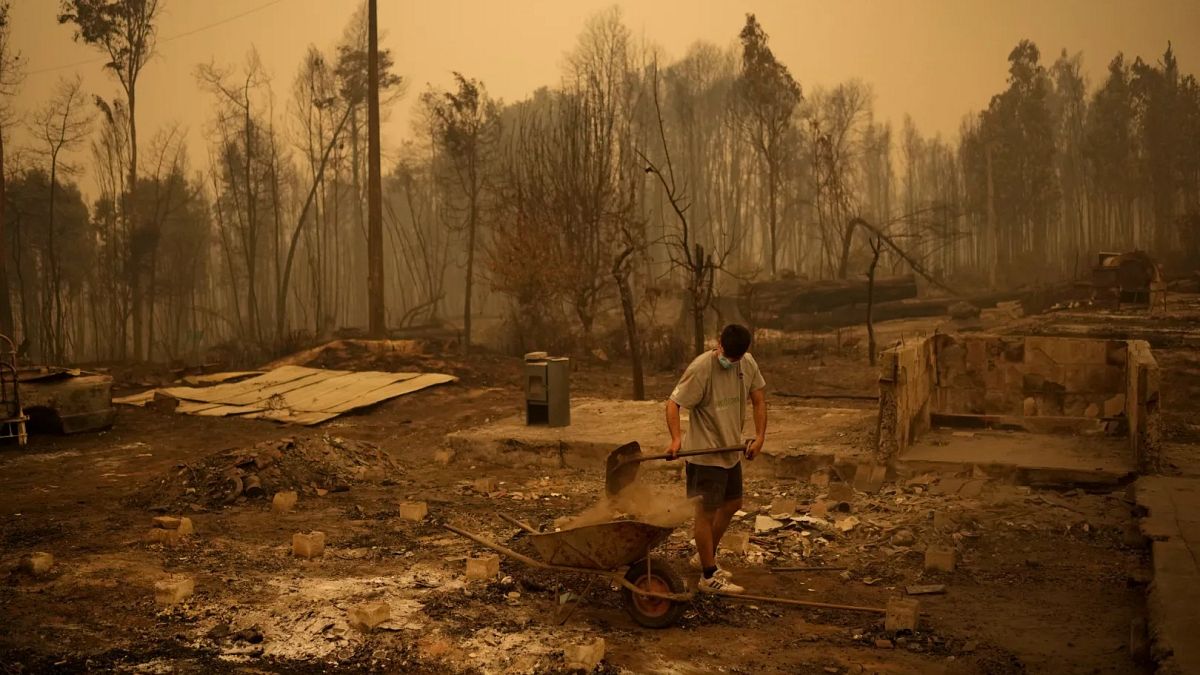

In an era where global challenges seem increasingly interwoven, recent decisions from Latin America and Victoria, Australia, bring us steps closer to a harmonious relationship with both our environment and indigenous communities. Reflecting on these landmark moments, one can sense a mindful urgency in addressing profound obligations and rights.
The Inter-American Court of Human Rights has set a pivotal precedent by declaring that countries are legally bound to tackle climate change. This advisory opinion underscores the intrinsic link between environmental health and human rights, emphasizing that governmental inaction on climate issues directly jeopardizes fundamental human rights. This ruling serves as a beacon for international cooperation, reminding nations of their implicit duties towards sustainability. It’s a call to align policy with ecological integrity, fostering resilience in communities vulnerable to climate adversities.
This momentous declaration echoes throughout Latin America, where ecological diversity and cultural heritage are profoundly interconnected. The court’s opinion amplifies the voice of countless ecosystems and communities urging for preservation through sustainable governance. The path forward invites all nations to tread gently with responsibility and innovation, ensuring a living legacy of environmental stewardship.
Coinciding with this, on the other side of the world, Victoria’s government in Australia is embarking on a significant journey towards recognizing and empowering its indigenous peoples. The introduction of legislation to make the First Peoples’ Assembly a permanent and authoritative body marks a crucial step in respecting and integrating Aboriginal voices in decision-making. Under this treaty bill, the Assembly is set to manage community infrastructure grants, advising ministers on issues directly impacting Aboriginal communities, and possessing the power to appoint members to government boards.
This piece of legislation represents a conscious move towards acknowledging the intricate weave of cultural identity and governance. By securing a platform for continuous indigenous representation, Victoria is fostering a dialogue rooted in respect and mutual understanding. It stands as a testament to the potential of inclusive policies in building a fairer society, one where historical narratives and modern governance meld into a future respectful of all voices.
The actions of the Inter-American Court and the Victorian government provide contrasting yet complementary perspectives on duty and empowerment. While the court’s decision echoes the urgency for environmentally conscious governance, Victoria’s legislative move champions comprehensive representation and equity. Together, these stories demonstrate progress in global consciousness, encouraging a relentless pursuit of harmony with our planet and its peoples.
Both of these initiatives show the world how existing models of governance can evolve to embrace the challenges and opportunities we face. The path forward is illuminated by the light of responsibility, acceptance, and innovation; offering hope and guidance for others to follow. As we reflect on these landmark decisions, let us carry forth their spirit of sustainable action and empowered voices, nurturing our shared home for generations to come.
Source: {link}
